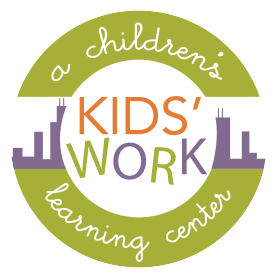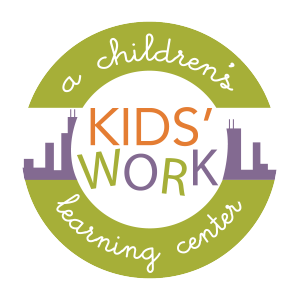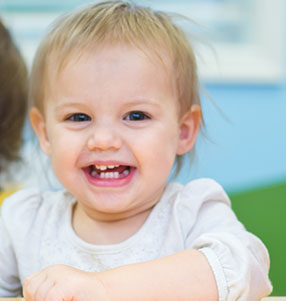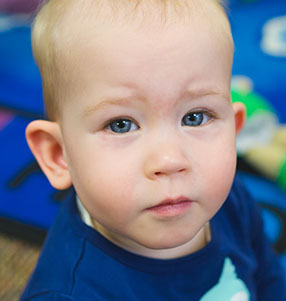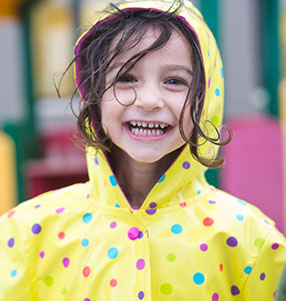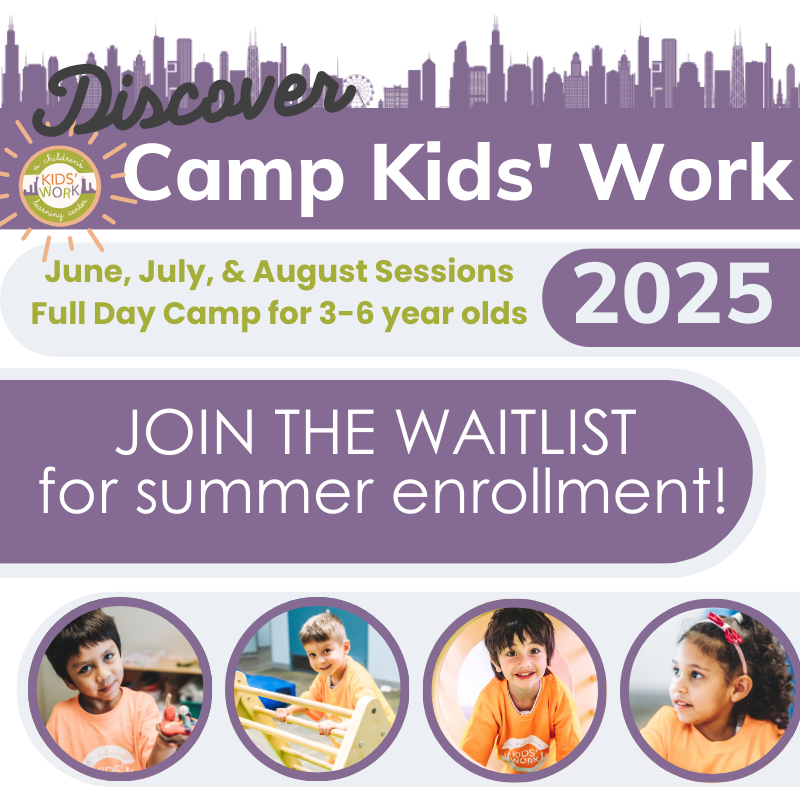Providing Positivity,
Support & Balance
For Young Children and Those Who Care for Them
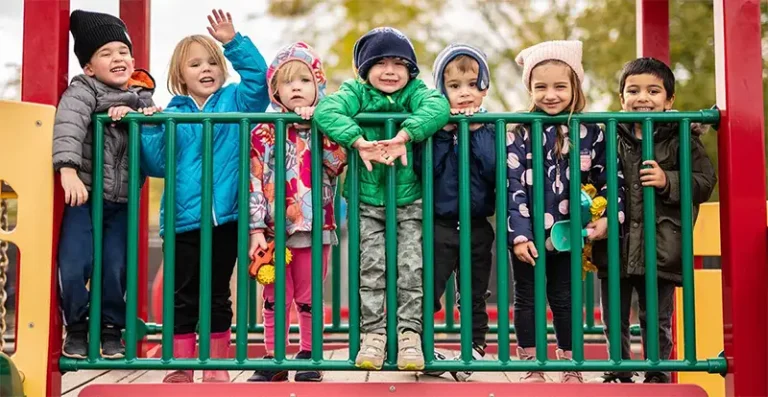
Providing Positivity,
Support & Balance
For Young Children and Those Who Care for Them
Top Rated Preschool & Daycare Serving Chicago, IL
Taking Time For Teachable Moments
Taking Time for Teachable Moments
We place a high value on making time for life’s teachable moments. We allow students to ask questions, inquire, and be creative. Children take the time they need to explore, investigate, and learn in a memorable and lasting way.
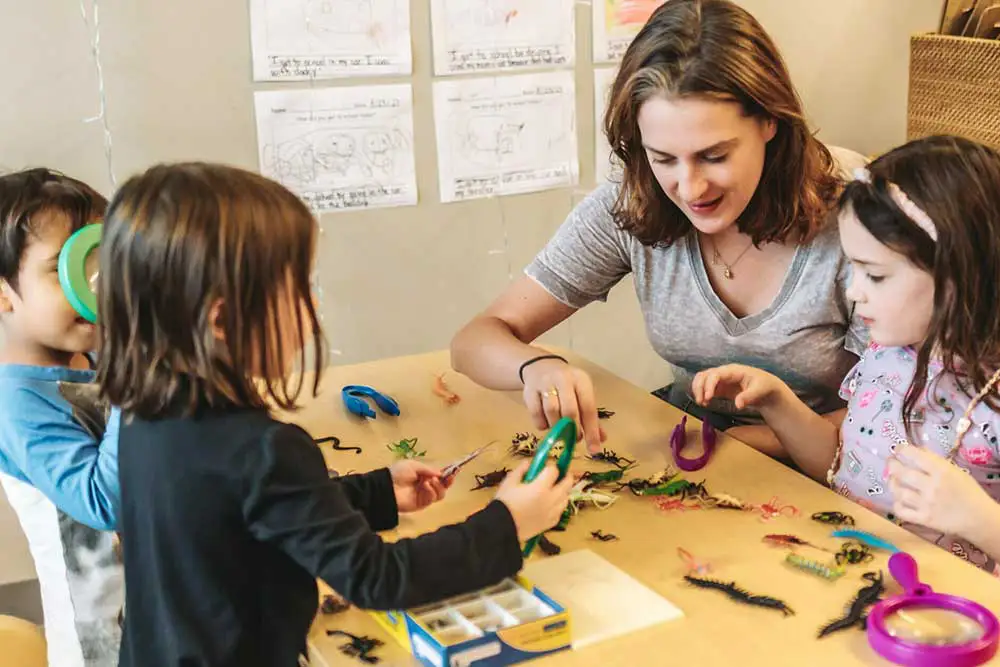
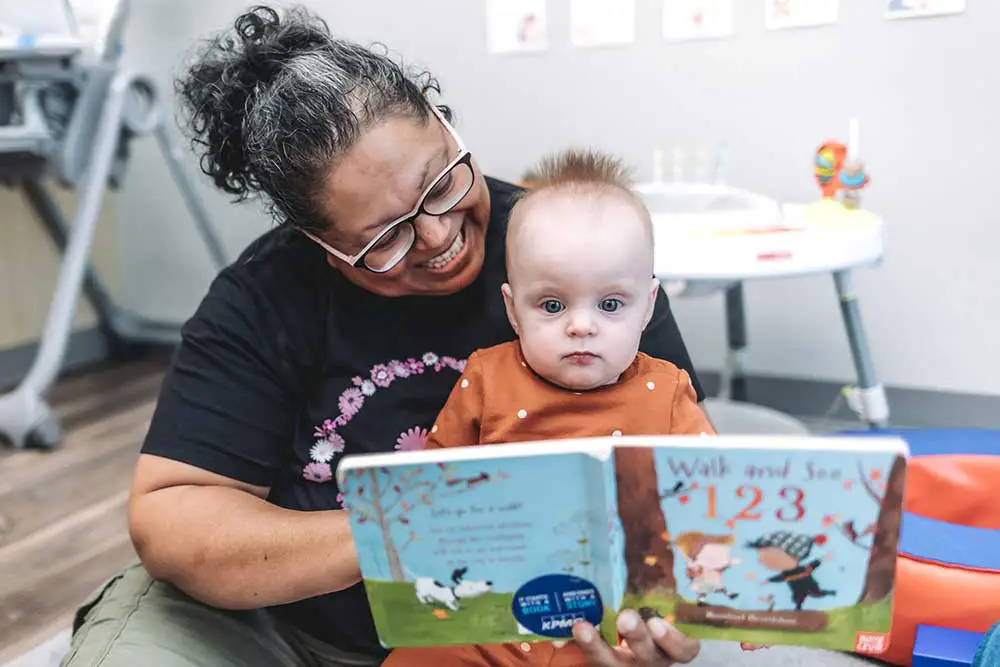
Gaining Tools for Future Success
Grounded Teaching Strategies Creative Curriculum early childhood philosophy, our standards-based learning programs provide a sound foundation for future success.
Embracing the Whole Child With Experiential Hands-On Learning
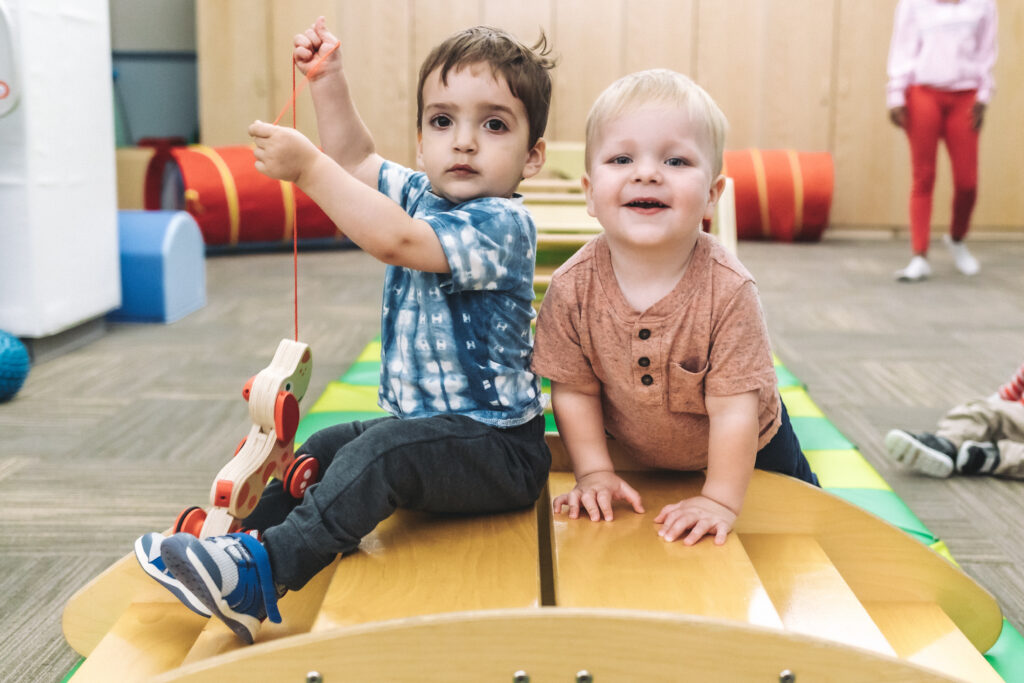
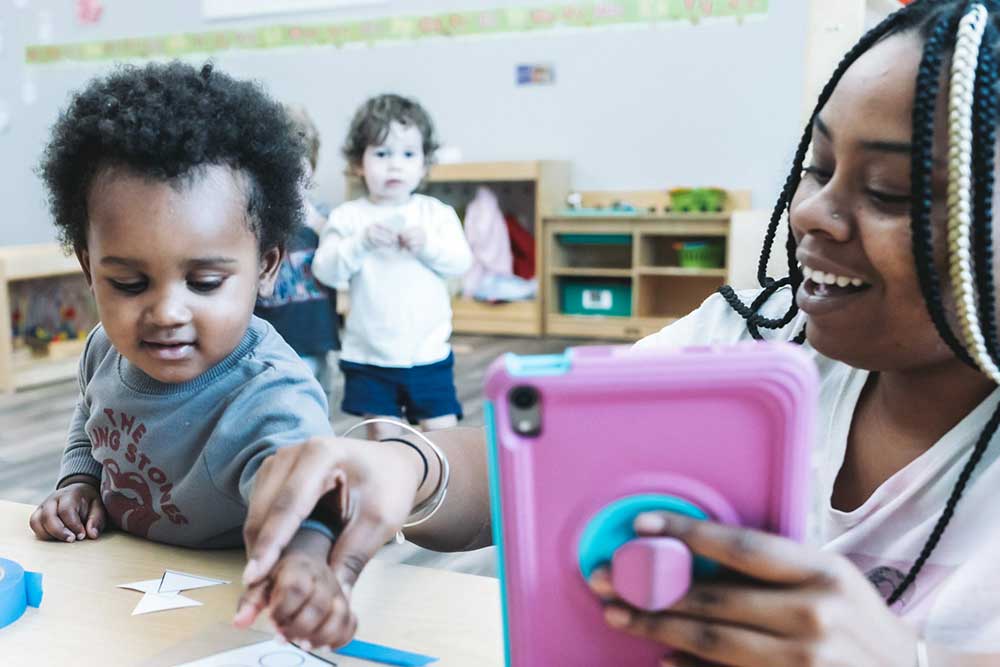
Supporting All Learners Through Differentiation and Scaffolding
All children learn in their own individual way. We work to identify each child’s unique style and shape our instruction bringing them from where they are, to where they need to be.
Learning Self-Assurance Through Doing
Developing confidence begins with the opportunity to do things for oneself. For this reason, we give children increased opportunities for independence in performing self-help skills as they work to become more and more self-sufficient.
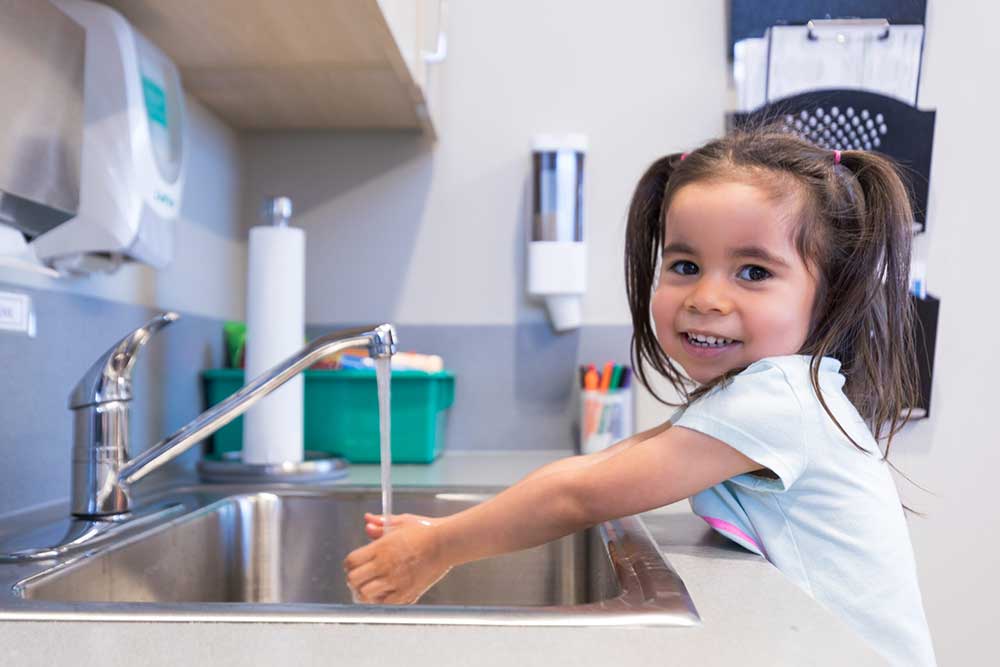
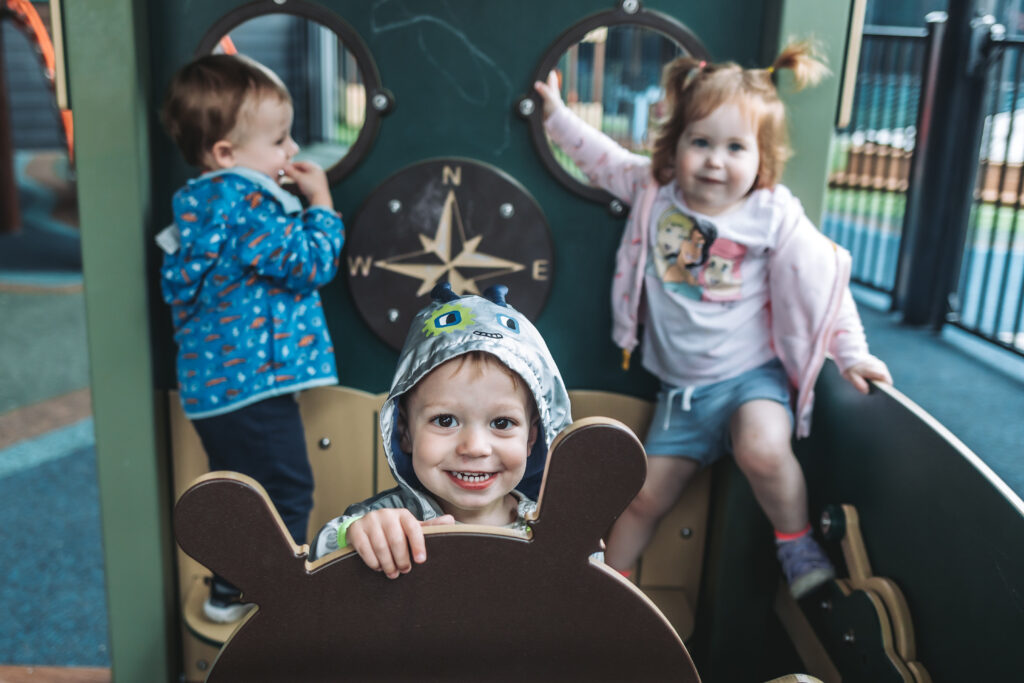
Empathy, Sympathy, and Problem-Solving
Our staff lead by example, fostering the development of social-emotional skills such as sympathy, teamwork, and problem-solving. By introducing social emotional concepts as early as our infant classrooms, we create a culture of mutual respect and understanding that encourages kind, cooperative interactions.
Open-Ended Process-Based Learning
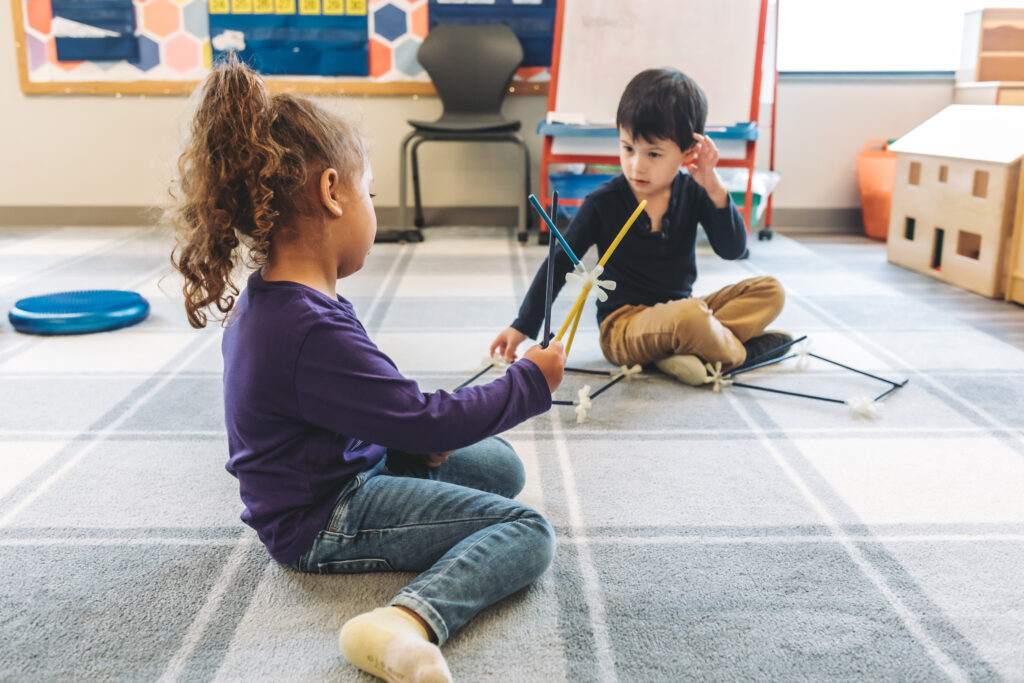
Our Core Values

integrity
A Devotion to What Is Right

RESPECT
Thoughtful, Considerate, & Fair

support
Assistance & Caring

positivity
Constructive & Optimistic

BALANCE
Healthy & Comfortable Proportion

enlightenment
Greater Knowledge
or Understanding

distinction
Set Apart From Others
in Excellence
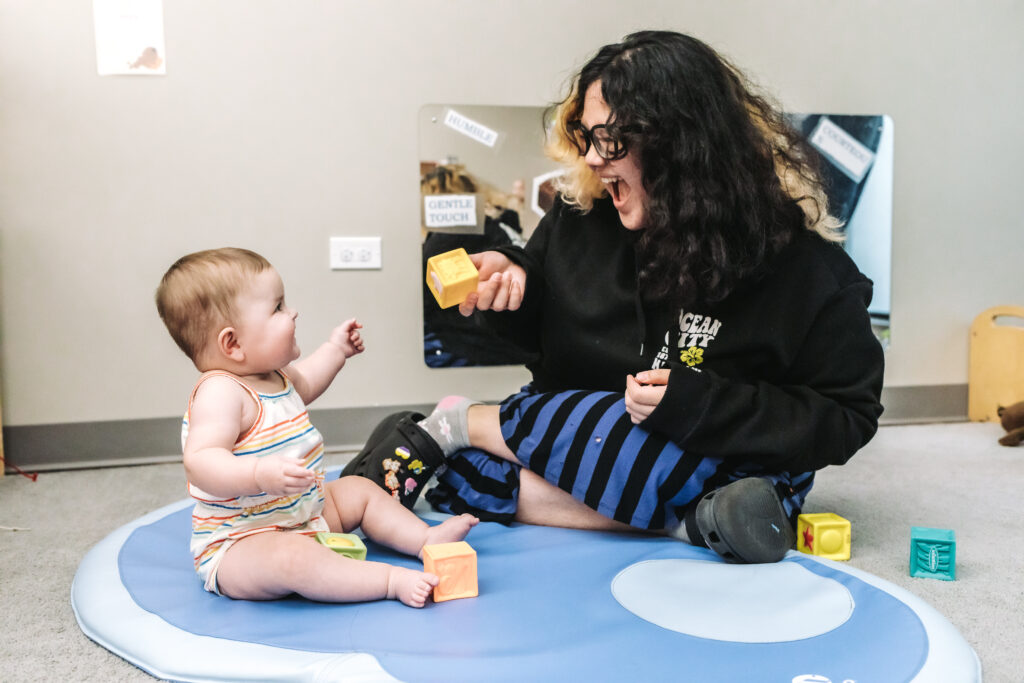
Developed Learning Themes and Classroom Environments
Diverse Enrichments Included for Well-Rounded Learning
Your child’s tuition includes language and movement enrichments that give them a well-rounded experience and build crucial mind-body connections. Daily infant/toddler signing in the classroom, weekly Spanish lessons with Ms. Yesensia, Buddha Belly Yoga, and music with Ms. Elisa from Wee Groove, enhance their cognitive development.
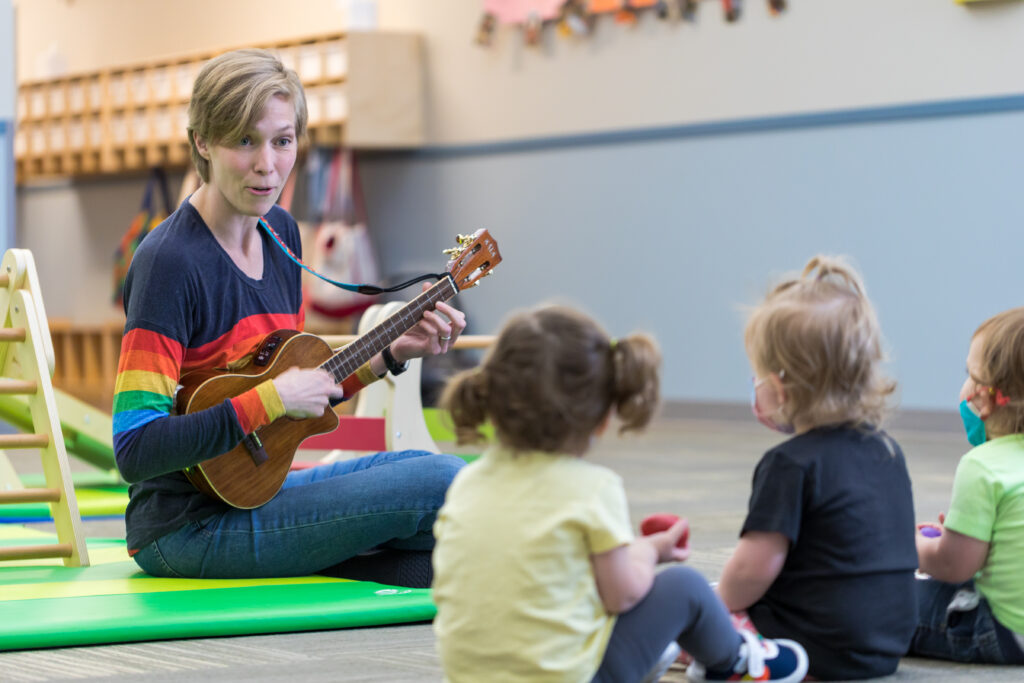
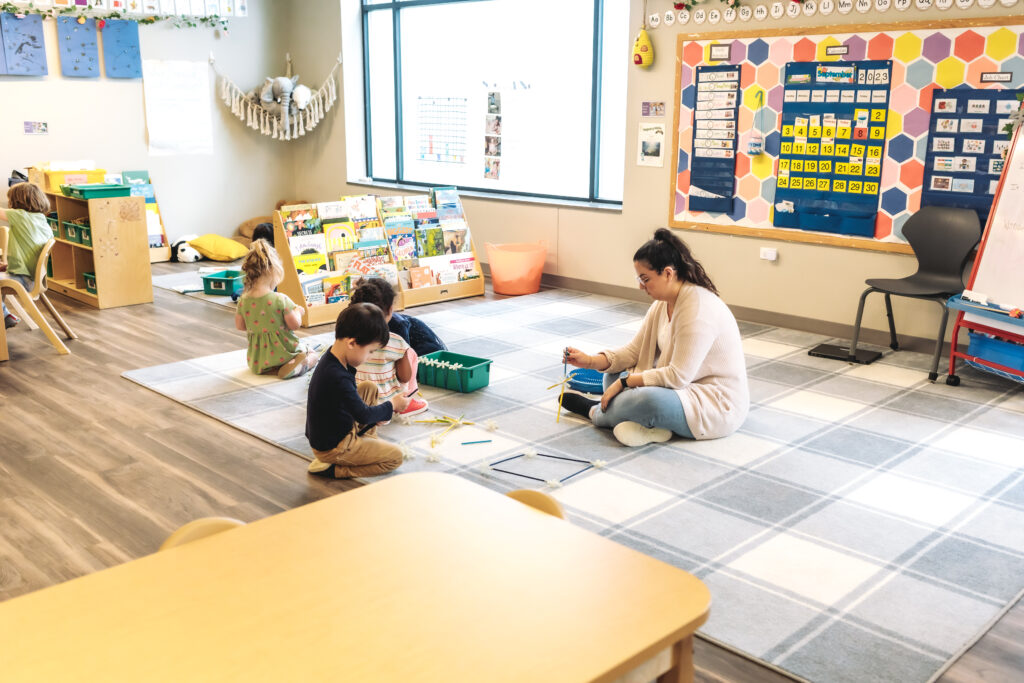
A Well Documented Day
Our teams utilize a blend of tools that document each child’s daily learning activities as well as feeding, sleeping, and elimination information. The use of the Brightwheel parent communication app allows for daily shares of both photos and anecdotal student participation snippets.
Video Camera Monitoring

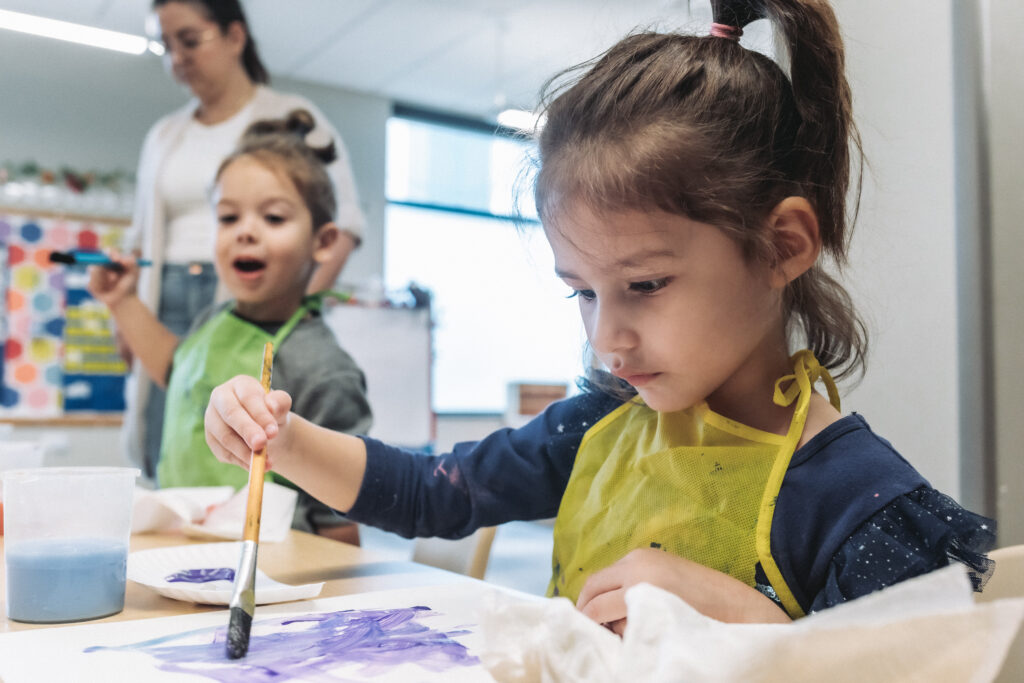
Additional Support Available
Nutritious Family-Style Meals
We partner with Healthy Organic Kids to provide breakfast, lunch, and two snacks each day. These, more refined than typical child care meals, support your child in developing a healthy palate while featuring almost exclusively organic and locally sourced fresh fruits and crisp vegetables.
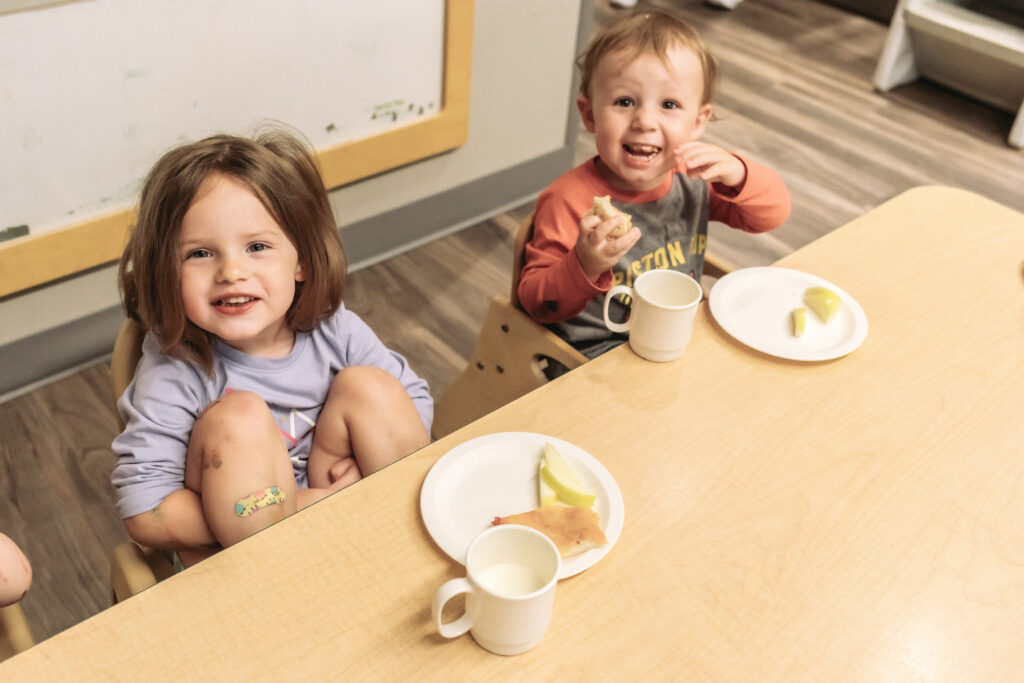
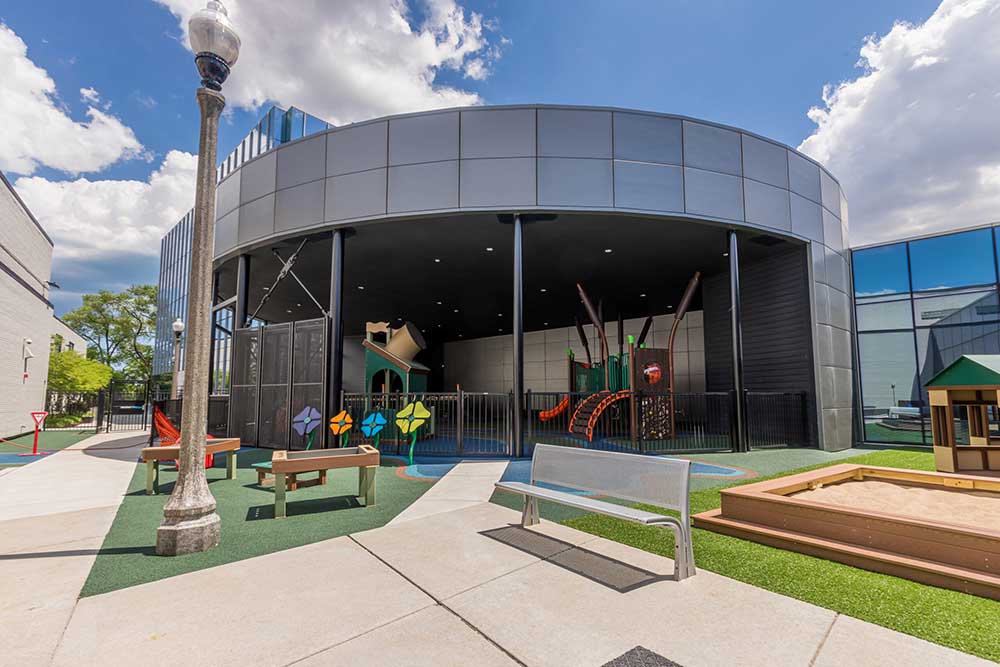
Onsite Secure Playground and Indoor Large Muscle Play Spaces
Children enjoy outdoor time each day in our secure onsite playground. Groups also enjoy quiet neighborhood walks and dedicated time for movement and enrichment activities in our indoor multi-purpose play areas.
Kisi Keyless Entry System Keeps Your Child Safe
Your child’s safety is of top concern for us here at Kids’ Work Chicago! Our locations are secure with locked exterior doors and Kisi Keyless Entry Systems that grant entrance to only those with a dedicated family or employee code.

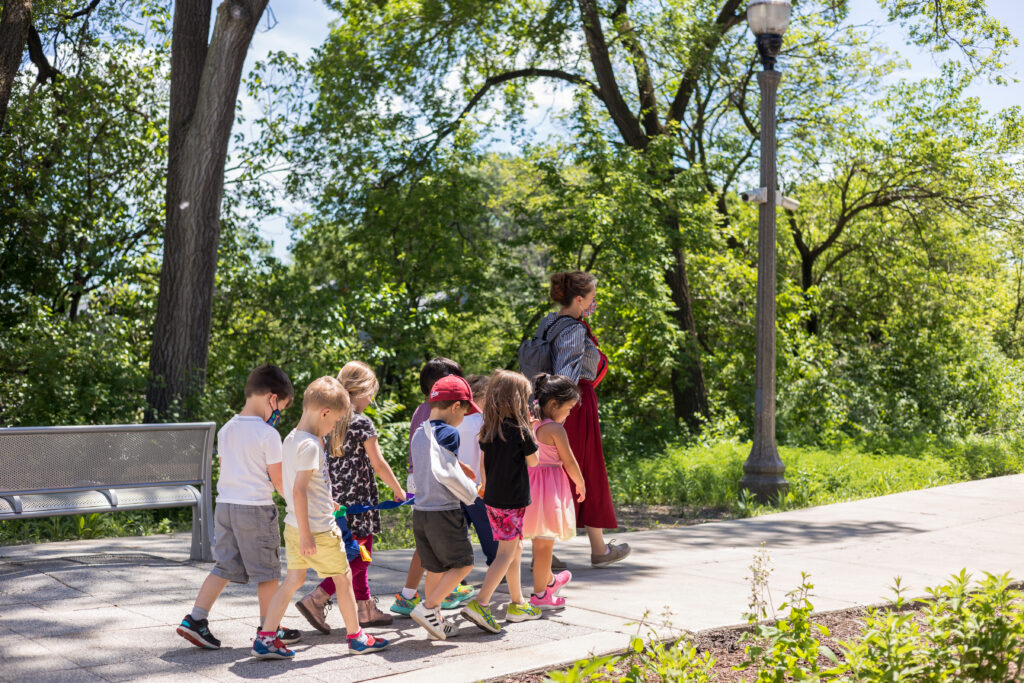
Full School Day To Support Your Family
Our Location
Kids' Work Chicago Riverview
-
3429 N. California Ave.
Chicago, IL 60618 - (773) 207-4220
- 7:30 am - 6:30 pm
We've Moved to an Amazing New Space
Yes, We Offer Tuition Support Options
Our Parent Reviews
Our Founders

Sarah Cudnik, Owner & Executive Director
With a Master’s Degree in Elementary Education, and eight years of primary classroom teaching experience, Sarah has an extensive knowledge of early childhood curriculum and a wealth of creative ideas.
“I grew up in my Mom’s in-home daycare, the original Kids’ Work, and believe that children learn best when they are loved, supported, and provided with the opportunity to explore the world around them. Kids’ Work Chicago was born out of a wish to maintain my career as an educator, have a family, and spend as much time with my children as my mom spent with me.”

Lynda MacHaila, Owner
Lynda’s nurturing personality and hands-on approach towards learning have provided a secure and enlightening environment for many generations of children and parents. As the original founder of Kids’ Work, Lynda has provided licensed care for a little over thirty years.
“Helping children explore and learn in a hands-on environment brings me happiness and I’m committed to the continued growth and evolution of Kids’ Work Chicago. It is here that we’ll learn something new and laugh every day and in doing so, we’ll change the world.”
Kids' Work Chicago FAQs
Taking your children to daycare is one of the best decisions you can make for their development. Daycares recognize that young children learn a lot through play and social interaction, so they create an environment where this can happen safely. And with plenty of activities that focus on physical development, cognitive stimulation, language and literacy skills, and emotional growth – it’s a place to help them reach new milestones.
Daycares are designed with safety in mind. They must adhere to strict regulations regarding the number of staff per child, cleanliness standards, security features, and much more.
When looking for a reputable daycare, it is important to do your research. Start by searching online for local daycare centers and read reviews from other parents about the staff, facilities, standards of care, and overall customer experience. Also, ask family or friends if they have any personal recommendations based on their experiences with local daycares.
Once you have narrowed down your list of potential daycares, it’s important to visit them in person so that you can get a feel for the cleanliness level and safety precautions they take within their facility. Additionally, many providers may offer additional services such as educational activities catered towards children as young as 6 weeks old up until 5 years old dependent upon providers’ capabilities.
Taking your child to preschool can be a great way to jumpstart their educational and social development. Preschool fosters a sense of independence in young children, allowing them to learn how to play and collaborate with other kids at an early age.
Preschools are also designed as active learning environments where children can take part in structured activities that encourage physical activity, creativity, critical thinking, problem-solving, and communication skills. This type of play-based learning gives children opportunities for hands-on exploration and experimentation that is tailored specifically for the development of their cognitive skills. As children work through tasks on their own or with guidance from teachers, they build their capacity to think critically while exploring the world around them.
At Kids’ Work Chicago, the safety and security of our children are the top priority. We have implemented a variety of measures in order to ensure optimal protection for your little ones.
First of all, we are proud to be one of the only childcare centers in the area that is Fire Marshal approved. Our staff is trained regularly on fire safety, including emergency evacuation procedures, and we also equip our centers with smoke alarms, fire extinguishers, and continuous egress path lighting – just some of the ways we go above and beyond normal standards for childcare facilities.
We also ensure that all caregivers are professionally licensed or certified by meeting state requirements for background checks as well as other legal screening processes. Additionally, all adult faculty members must receive annual health screenings prior to being employed or re-hired each year. Our staff have completed rigorous training through the Department Of Children & Family Services (DCFS) about mandated reporting laws & regulations regarding child abuse/neglect investigations so they can recognize signs quickly should an issue arise within our facility. Lastly, only authorized pick-up personnel will ever remove a child from Kids’ Work daycare center; parents will need to provide photo identification before their child may be released into their custody at sign-out times in order to maintain proper security protocol!
With these measures in place along with secure building access control systems monitored both remotely & internally throughout each day – you can rest assured that Kids’ Work Chicago provides a safe education environment that promotes growth through learning & exploration for your precious little ones!
When it comes to supporting your child’s development, daycare centers offer a unique and invaluable resource. At Kids’ Work Chicago, for example, we understand that every child is unique and requires different needs from daycare – which is why we prioritize individualized attention and activities for all our students. We strive to provide an enriching educational experience that fosters socialization while developing key skills in literacy, language arts, math, science, technology, and more.
Our team of experienced educators creates an environment where age-appropriate activities are tailored to meet the needs of each child. Our programming emphasizes self-expression through art projects; physical activity settings with interesting movement obstacles; cognitive development through puzzles and games; exploration opportunities to discover new things within their environment; free playtime for constructive decision-making; engaging storytelling sessions to stimulate creativity; plus special field trips outside of the center throughout each school year.
We also support communication between families and staff through daily “report cards” where parents can view photos of their children during the day along with detailed descriptions of what they did that particular day at the center. Plus there is always plenty of time set aside so our teachers can discuss any concerns or questions you may have about your little one’s progress or behavior. Once a month we also hold parent-teacher conferences so everybody involved in your child’s life (including grandparents!) can be kept in the loop on how they’re doing when away from home!
At Kids’ Work Chicago we believe that fostering a welcoming atmosphere centered around growth and exploration will help each student reach their full potential – both socially & academically – as vibrant individuals within today’s world!
Part-time daycare is typically a more flexible form of childcare than full-time daycare, allowing parents to work without compromising the quality of care for their children. Part-time daycares offer smaller classroom sizes and lower teacher-to-student ratios, making it easier for kids to receive individual attention from staff members in addition to social interaction with other children.
Unlike full-time daycare facilities, which remain open during pre-established hours throughout the week or year, part-time daycare centers often provide service based on a unique schedule tailored specifically to each family’s needs – offering significantly more flexibility than traditional childcare settings. This means that parents can choose times that work best for them while knowing their child will receive quality care in an inviting and safe environment.
Part-time daycares also typically provide various enrichment activities, such as story time and music classes, that help foster young minds and aid in early childhood development. Although costs associated with part-time care may sometimes exceed those of full-time care due to variable scheduling options, these benefits make part-time daycare an ideal choice for working families who want the best possible experience for their children outside of the home.
Pre-kindergarten and preschool are both excellent options for preparing young children for school, but the distinction between them can be hard to identify. Let’s look at some of the major differences between pre-kindergarten (pre-K) and preschool.
First, pre-K is a term that typically refers to an educational program designed specifically as preparation for entry into kindergarten. These programs are recognized by local educational institutions as being beneficial in developing crucial skills that children need to successfully transition into elementary school such as understanding numbers and letters, learning basic motor skills, solving puzzles, and other cognitive tasks. Pre-K programs often also have a heavy focus on social development through activities like field trips or playgroups focused on problem-solving with classmates under adult supervision. While the duration of pre-K programs varies, they often last nine months or longer from September through May, when most kindergartens start around late August/early September, so students participating in these courses should be well prepared by then!
Preschool is not usually seen as an actual preparation course like pre-K; instead, it tends to be more geared towards recreational fun with educational elements included where appropriate. Most preschools provide 2–4 hours of structured activities each day, which take place over two or three days per week year-round – this allows parents who work flexible schedules just enough time for their kids to learn but also leaves ample opportunities open for extracurricular activities outside of those provided at school itself! Unlike pre-K where there’s thought given towards performance throughout each semester which can affect entry into kindergarten later down the line – no such pressure exists when attending only preschool classes due to a lighter structure overall compared to what would normally exist within pre-K environments.
Ultimately, every child is different in terms of their readiness level upon entering kindergarten; some may excel more than others depending on how much additional exposure they had during early childhood education phases – meaning that all families should carefully consider both options before making any final decisions about their kid’s future learning environment if wanting them to be the best prepared possible going forward!
Yes, infant daycare is indeed different from regular daycare. The term “infant daycare” typically refers to a childcare setting that caters specifically to babies from 6 weeks to 12 months old, although the age range can sometimes extend up to 18 months or 2 years. Regular daycare, on the other hand, generally refers to childcare for older toddlers and preschool-aged children.
The main differences between infant daycare and regular daycare lie in the level of care provided and the activities involved. In an infant daycare, the caregivers provide more hands-on care – feeding, changing diapers, comforting, and facilitating nap times. There is also a focus on developmental activities appropriate for infants, such as tummy time, sensory play, and basic motor skills.
In contrast, regular daycare centers usually have a more structured daily routine and curriculum, with activities designed to promote learning and social interaction among toddlers and preschoolers. These may include arts and crafts, reading, music, outdoor play, and basic academic concepts like numbers and letters. Also, children in regular daycare are typically more independent when it comes to tasks such as eating and toileting. So, while both types of daycare provide nurturing environments for children, they are tailored to meet the differing needs of specific age groups.
Finding the best preschool near you involves a few key steps. Firstly, consider what is most important to you and your child in a preschool setting. This could be anything from the educational philosophy, class size, and teacher qualifications, to the school’s location. Once you’ve decided on your priorities, begin your search for preschools that align with these factors.
Use online resources to find preschools in your area. Websites like GreatSchools.org provide information about various schools, including reviews from other parents. Reach out to your local parent community as well, either in person or through social media groups, for recommendations.
After narrowing down your options, schedule visits to the preschools. This will give you an opportunity to see the teachers and children in action. Ask questions about their curriculum, discipline policy, daily schedule, and any other concerns you may have. Observe how the teachers interact with the children and how the children interact with each other. Lastly, trust your gut feeling. You know your child the best and are most capable of deciding which environment they would thrive in.
